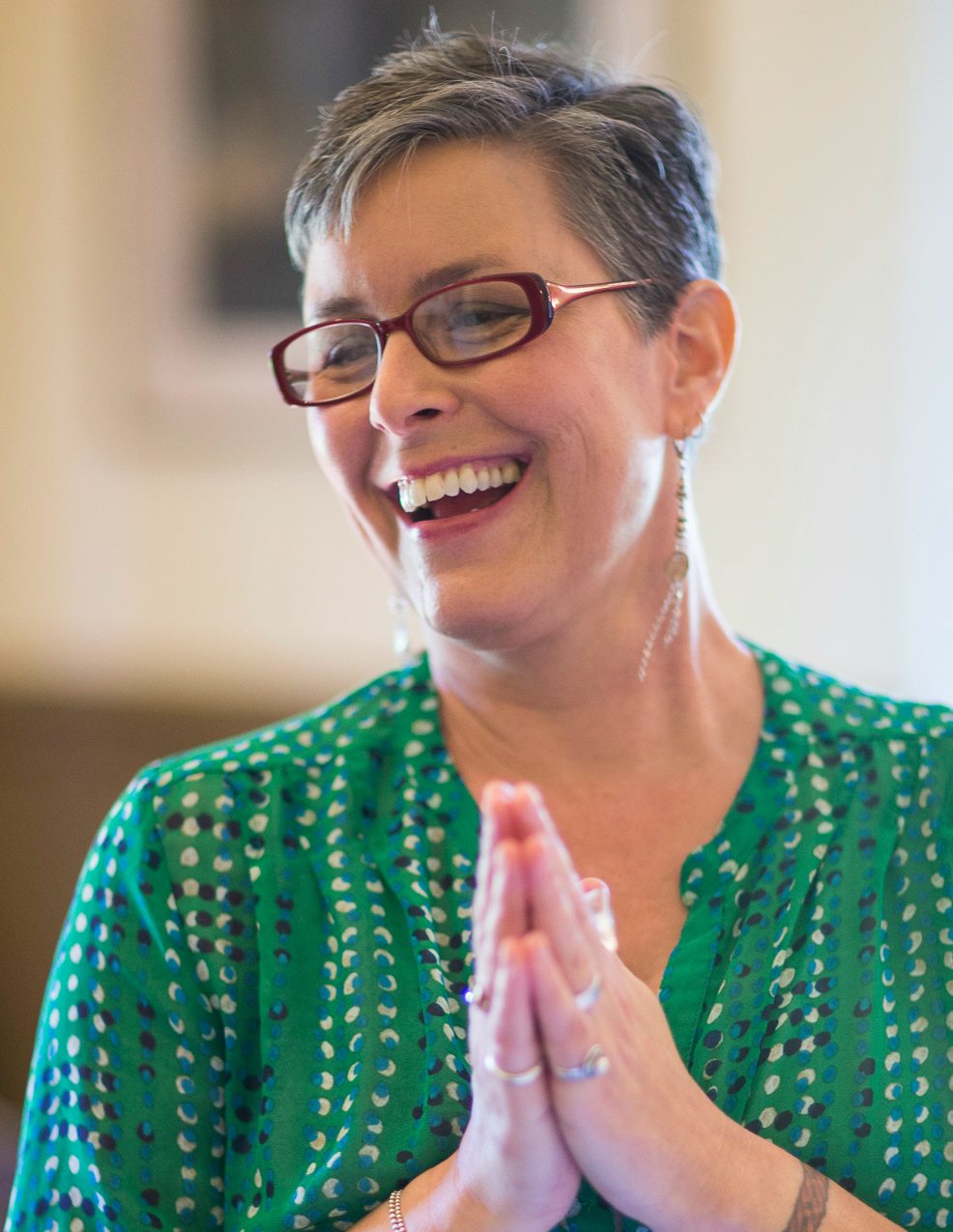 As a speaker I could really relate to what Lisa Braithwaite, public speaking coach and trainer, has to say about dealing with disappointment and even failure. Looking on the bright side can give you just the motivation you need to keep going. In today's guest post Lisa teaches us how choosing optimism can improve our personal and professional lives.
As a speaker I could really relate to what Lisa Braithwaite, public speaking coach and trainer, has to say about dealing with disappointment and even failure. Looking on the bright side can give you just the motivation you need to keep going. In today's guest post Lisa teaches us how choosing optimism can improve our personal and professional lives.
Today, I was lamenting the lack of rain in Southern California, as we come to the end of our usual “rainy” month with below-seasonal totals. The ongoing drought is our #1 concern, and every day that goes by without rain puts us more and more into a water deficit.
My cousin commented on my post, “So much for all the El Niño predictions last summer and fall…. Can't believe how wrong they were.”
My immediate thought and response: “Maybe it's good to have hope instead of feeling completely hopeless!”
Welcome to the mind of an optimist. A perpetual silver-lining finder. A person for whom the song “High Hopes” is my true life story.
Today is Tuesday. I've been sick since Saturday. This is not the kind of cold that feels bad for two days and then starts to taper off. It's been bad for all four days. I have a flight to catch out of state in two days.
Here's the process happening in my brain:
“Well, at least I didn't get as sick as my husband, who had a fever and had to go to urgent care after three days of razor blades in his throat.”
“It's a good thing my hotel roommate in Austin didn't book our room for Thursday, because there's no way I could fly out on Thursday. I'll probably feel better by Friday.”
“If I fly to Austin on Friday, I can check into my hotel and rest all day. I can hold off on going to conference sessions until Saturday.”
See how this works? Yes, it comes naturally to me. It's the way I'm wired. But you can LEARN optimism. And why should a speaker learn optimism?
Imagine you're invited to speak at an event that you're nervous about. You can choose your perception about this event. You can choose your attitude about this event.
You can tell yourself one of two things:
“I'm going to make a mistake and the whole thing is going to be a disaster.” Or…
“I'm going to make a mistake, but I'm human and everyone makes mistakes. No big deal.”
Notice how both of those choices have a touch of reality? Yes, optimists face reality. As a speaker, you absolutely have to be prepared for mishaps. It would be foolish to believe that nothing will go wrong.
But then we figure out how we can find the upside of the inevitable.
Wouldn't this be a better approach as a speaker? To look at your speaking engagements as opportunities to accomplish something – even if it's small – rather than expecting certain failure?
Before I ever heard of Martin Seligman's concept of “Learned Optimism,” I knew this was true. Despite my genetic disposition toward optimism, I've been through some very difficult times where my optimism took a nosedive. My willingness to keep looking for the light at the end of the tunnel, and my willingness to believe that everything is a learning experience got me through those times. And sometimes I had to force myself to really dig for those silver linings.
Seligman's website says, “Specifically, optimistic people believe that negative events are temporary, limited in scope (instead of pervading every aspect of a person’s life), and manageable. Of course, optimism, like other psychological states and characteristics, exists on a continuum. People can also change their levels of optimism depending on the situations they are in.”
A client told me about an experience he had last month, where he had to record a radio commercial. He felt surprisingly confident about it because he chose to believe that “There was no reason to believe it wouldn't go well.” He told himself that he was in control of his own response to the situation.
This particular client has a LOT of anxiety about speaking. It's not easy for him to make this mental shift. Not even close. But he is learning optimism. He is learning to become more philosophical about how he perceives his speaking opportunities. Instead of choosing “Every reason to believe it will go wrong,” he chooses “No reason to believe it won't go well.”
You can do this. You can change your thoughts. Will you choose optimism?
 Lisa Braithwaite is a public speaking coach and trainer, mentoring entrepreneurs to create memorable and engaging presentations in order to build their businesses through speaking.
Lisa Braithwaite is a public speaking coach and trainer, mentoring entrepreneurs to create memorable and engaging presentations in order to build their businesses through speaking.
Before launching CoachLisaB.com, she spent sixteen years designing programs for nonprofits as an advocate and educator.
She has a B.A. in Theater and an M.A. in Education, and has been interviewed for the Wall Street Journal, Los Angeles Times, Chicago Tribune, Men’s Health, Toastmaster Magazine, and Inc.com.
Lisa’s philosophy is that public speaking is fun, it's an awesome way to express yourself creatively, and that connection and engagement are worth more than a thousand techniques.






This was a great article…. and… the “cherry on top” was the last line in Lisa’s bio/philosophy! Made me love the whole thing that much more! Thanks for sharing this.